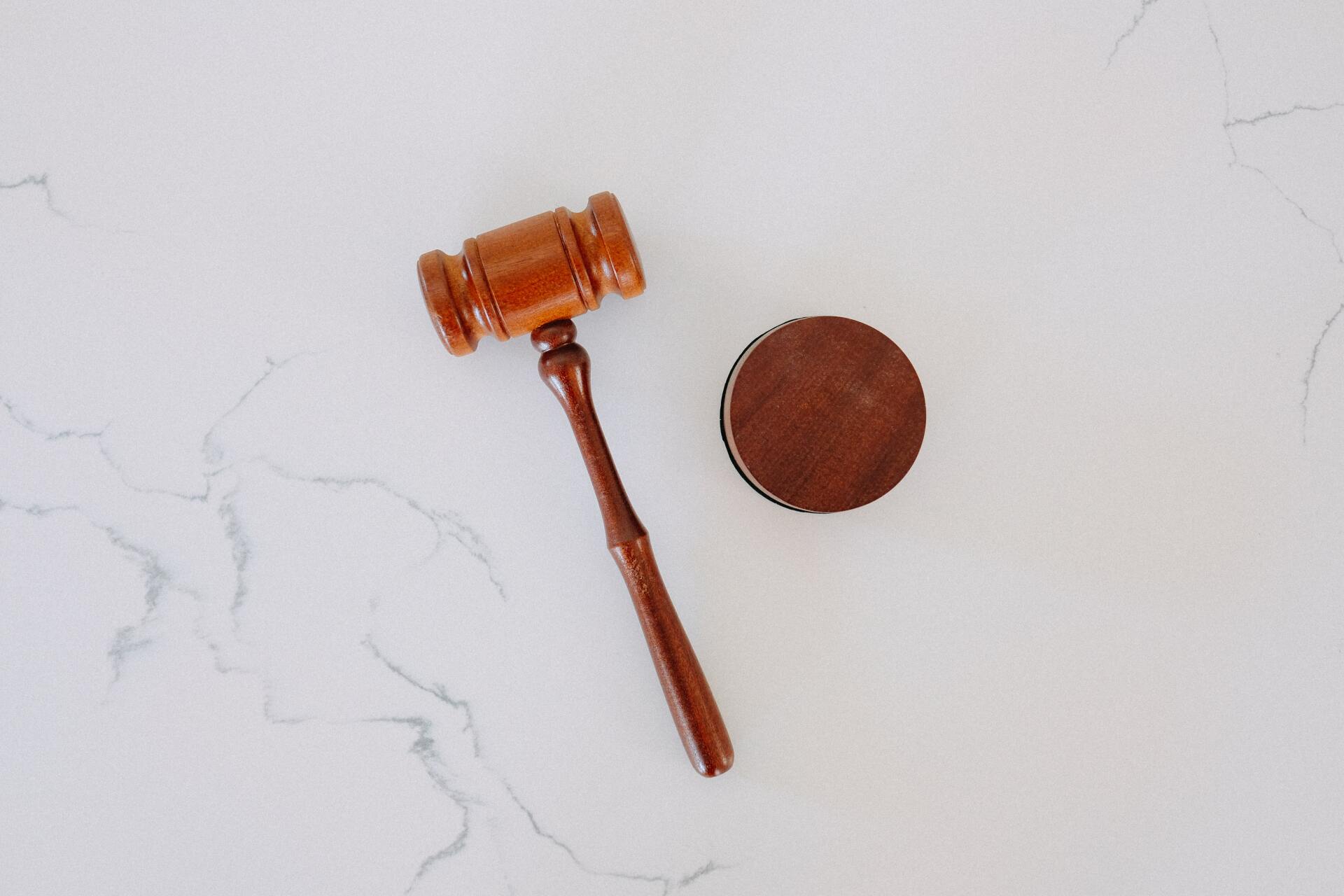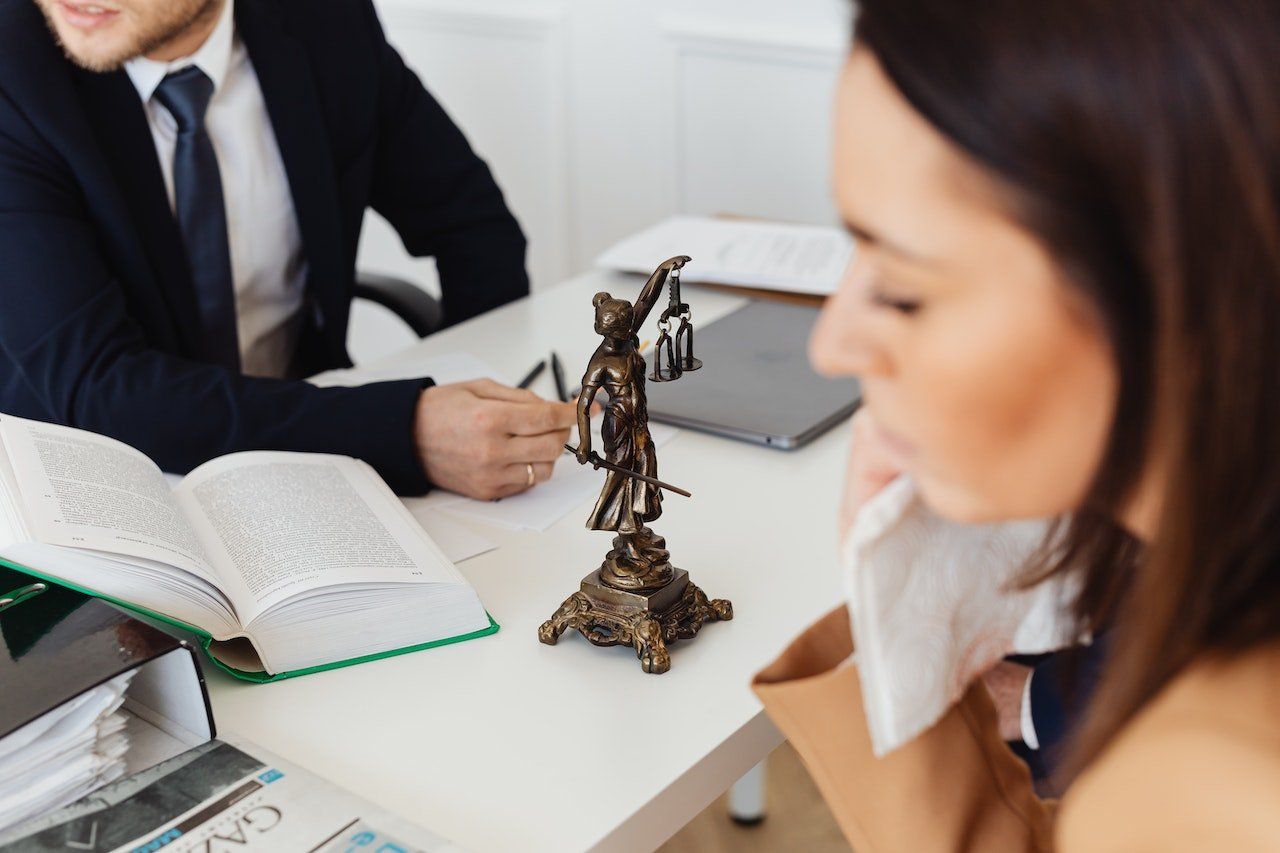Blog
GDPR stands for General Data Protection Manager. The GDPR is an EU law regulation regarding data protection and privacy.

A copyright is a legal protection for original work. It gives the creator of the work exclusive rights to it, usually for at least 50 years after completion. These rights include the ability to reproduce and distribute copies of the work, create adaptations (such as translations) or make commercial use of it. Copyright doesn't cover ideas but rather protects how these are expressed in literary or artistic form. General Copyright Guidelines Copyright law varies from country to country, so you should check your local laws for details on what's required before publishing any content online. However, if you're unsure whether something infringes copyright law, there are some general guidelines that can help: Is your content original? If not, then it may be infringing copyright because someone else has exclusive rights to it. For example, if you copy someone else's writing and post it on your blog without their permission. You can also infringe copyright by adding or altering work in such a way that the essence of the original is reproduced. This includes even minor changes like changing words to make them rhyme (known as "copy fitting"). If what you've done isn't considered creative enough for copyright protection, then there may be no infringement, but this will depend on individual circumstances, so best not to take any chances. It's always better to get permission from the owner before using other people's content anyway. There are specific exceptions to copyright that allow you to reproduce certain types of work without permission. These include short passages for purposes such as criticism, review, or news reporting (provided they're properly attributed), but it's best not to assume that these apply in every instance, so always be on the side of caution and ask before using someone else's content. You can also infringe copyright by distributing copies of other people's works online if those works have been made available with an attached digital rights management technology known as "Digital Rights Management" (DRM). This applies even when legal ownership isn't restricted by DRM because what you've done is essentially breaking the technical protection system set up around the original work. This is considered infringement regardless of whether or not you're legally allowed to do so. If the content is in a country that doesn't have copyright laws, then your use of it may be legal, but this varies from case to case - again, always better to get permission before using other people's work rather than risk breaking; the law. Copyright also covers works made by employees while they are employed by their employers (so if you want to make copies of company documents or images etc., check with IT first.). The employer owns any copyright unless there is an agreement between them and the employee stating otherwise. This applies even when someone has been given access to copyrighted material as part of their job, i.e., giving contractors passwords can still result in infringement because although they might not be responsible for the creation of such content, they are still responsible for its distribution and management. Another important thing to remember is the difference between "Fair Dealing" and "Fair Use." Fair dealing refers to specific circumstances where you can use another person's work without infringing copyright, whereas fair use means that although your material may be similar in some way, it doesn't qualify as an infringement (for example: quoting a small passage from someone else's article when reviewing their book). It's best not to assume that something falls under either category, so always do your research first. Why Is Copyright Important? Copyright is important because infringement of copyright could lead to legal consequences such as civil cases and financial penalties. Only the copyright holder has a right to use a copyrighted work. This ownership may be transferred in whole or in part by selling it, giving it away, including it as part of an agreement, or assigning some rights to an authority. There are different types of copyright protection. Public domain content is when a work has expired and the work has been published. It may still require permission from the author. Copyright protection under modern law lasts for 50 years. The law coverage of copyright means that it is covered in most parts of the world. Even if you are an author of the work, then this still isn't enough protection. You need to register your copyright; otherwise, it may be stolen or used without your permission. Example of Items That Can Be Copyrighted There are many items that can be copyrighted, such as artists, Songs. Books. Written work. What Cannot Be Copyrighted? There is a finite list of what cannot be copyrighted. This includes the following: Ideas. Titles, names, and short phrases. Factual information and data and factual compilations of information and data. Systems and methods for managing or operating a business or other enterprise. Sales scripts, ideas for promotions, marketing techniques, and advertising campaigns. How To Copyright Your Work To copyright your work, you can visit the Copyright.gov site and start the process of notifying the US Copyright Office. The process for this varies depending on what type of content it is; however, you'll need to provide proof that the work is original by showing what it is and how it differs from other works that are copyrighted in that category. If you want to document a document/paper, then a common way to do so is through a claim in a letter or email. Once you have submitted your form to the United States Copyright Office, you will have a registration number. This number will be required when applying for certain benefits, such as an exemption from having to pay taxes when selling your copyrighted works or when submitting ones' own work for copyright protection. It is important to go through all of these steps because it requires proof that the idea, written content, or image belongs to you and not someone else. This will also help ensure that your copyright lasts as long as possible, so if someone were to steal your content, they would have a much harder time doing so without having to face legal consequences. In conclusion, copyright is important because it shows that you are the original author of your work. You can also get legal protection from infringement if someone were to steal or copy your content for their own use.
Even with the low rates my office charges, there are many times that a potential client needs help, but just can’t afford to bring an attorney on for an entire case. Often, the potential client is well-aware of what needs to be accomplished, and simply needs the help and advice of a lawyer in a […]


